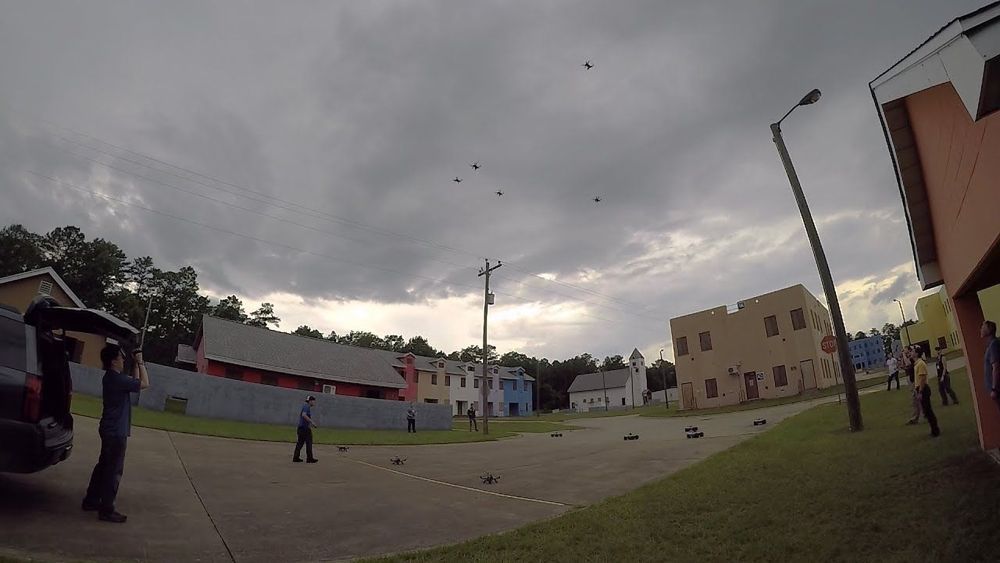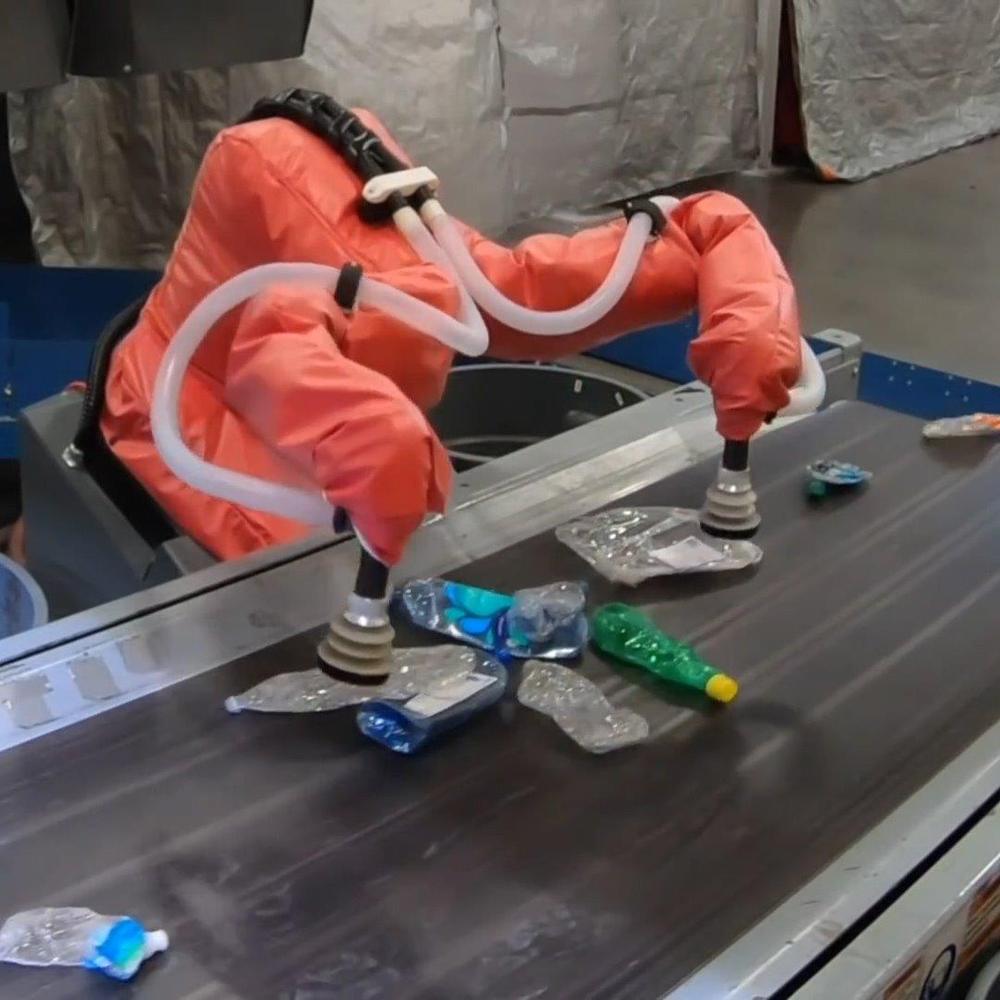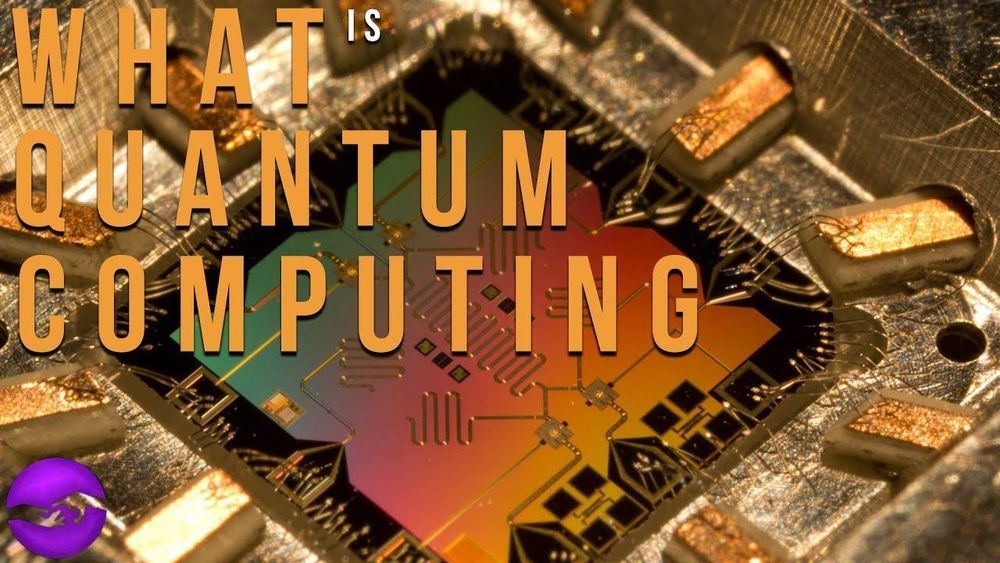Aug 9, 2019
NSA’s reverse-engineering malware tool, Ghidra, to get new features to save time, boost accuracy
Posted by Genevieve Klien in categories: cybercrime/malcode, engineering, privacy, robotics/AI
Just five months ago at the RSA conference, the NSA released Ghidra, a piece of open source software for reverse-engineering malware. It was an unusual move for the spy agency, and it’s sticking to its plan for regular updates — including some based on requests from the public.
In the coming months, Ghidra will get support for Android binaries, according to Brian Knighton, a senior researcher for the NSA, and Chris Delikat, a cyber team lead in its Research Directorate, who previewed details of the upcoming release with CyberScoop. Knighton and Delikat are discussing their plans at a session of the Black Hat security conference in Las Vegas Thursday.
Before the Android support arrives, a version 9.1 will include new features intended to save time for users and boost accuracy in reverse-engineering malware — enhancements that will come from features such as processor modules, new support for system calls and the ability to conduct additional editing, known as sleigh editing, in the Eclipse development environment.


















